Ecosystems & Environment
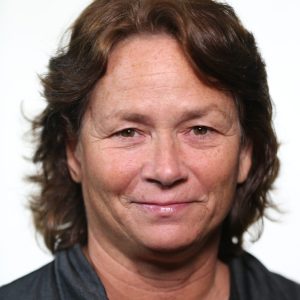
Feb. 27, 2018
Kerry Clark
Kerry Clark was a soybean breeder from 1993-2012 and continues to work on the Feed the Future Soybean Innovation Lab, which is trying to improve soybean yields and production across sub-Saharan Africa. She runs a mechanization development and fabrication training team that includes three equipment designers from Ghana. This team has trained over 200 manufacturers in 12 African countries and has helped build service provision businesses so that small-holder farmers can have access to modern farming methods. Clark is also part of a multi-state collaboration working to improve available cover crop varieties for U.S. farmers. She teaches soil pedology, genesis,…
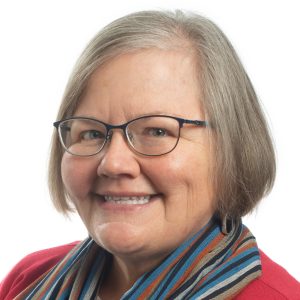
Feb. 26, 2018
Mary K. Hendrickson
Hendrickson is Professor in Rural Sociology at the University of Missouri and serves as Director of the Interdisciplinary Center for Food Security. She is a rural sociologist whose passion is making the world a better place through food. As Director of the ICFS, she focuses on building resilient, food secure communities across Missouri and beyond. Hendrickson has been a leading scholar on consolidation and concentration in the food and agriculture system, the impacts of such a system on farmers, workers and communities, and new ways of conceptualizing policy responses around anti-trust. She is also recognized for her work examining food…
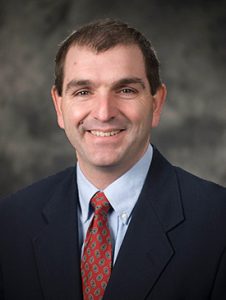
Jan. 10, 2018
Kelly Nelson
Educational background Ph.D. Crop and Soil Sciences, Michigan State University…
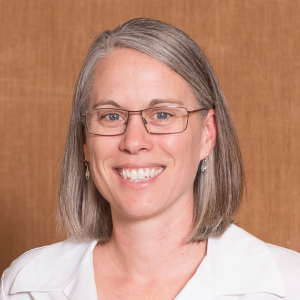
Jan. 9, 2018
Deborah Finke
Educational background Ph.D., University of Maryland M.S., University of Maryland B.S., Centre College Courses taught PLNT SCI 3710: Introductory Entomology PLNT SCI 4940: Internship in Plant Science PLNT SCI 4950: Undergraduate Research in Plant Science PLNT SCI 9810: Insect Ecology PLNT SCI 7970: Readings in Plant-Insect Interactions AFNR 2191: Italy Study Abroad: Re-thinking Food Security…
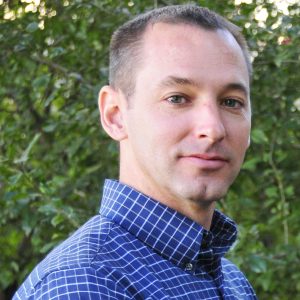
Jan. 9, 2018
Kevin Bradley
Educational background Ph.D. Plant Pathology, Physiology, and Weed Science, Virginia Tech B.S. Agriculture, Ferrum College Courses taught PLNT_SCI 8420: Herbicide Mode of Action and Symptomology…

Dec. 15, 2017
Jeffrey Wood
Wood’s research focuses on ecosystem science and the exchanges of gases and heat between the biosphere and atmosphere. There is specific emphasis on better understanding the factors controlling fluxes of carbon, water, and nitrogen between natural or managed systems and the atmosphere. Educational background Ph.D., University of Guelph MASc, Dalhousie University BSc, Mount Allison University Courses taught ATM_SC 4400/7400: Microclimatology ATM_SC 4520/7520: Environmental Biophysics FOREST 2340: Tree Physiology FOREST 8620: Plant Water Relations…

Dec. 15, 2017
Sonja A. Wilhelm Stanis
Educational background Ph.D., University of Minnesota Courses taught PRST 4250/7250: Parks, Health and Wellness PRST 8430: Social and Behavioral Research Methods PRST 2111: Park Planning and Design PRST 4340/7340: Recreation Land Management…
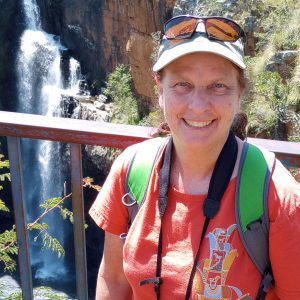
Dec. 15, 2017
Joanna (Jodi) Whittier
Whittier focuses on applied research typically at landscape scales to assess habitat condition and the association between condition and community composition. She works collaboratively with stakeholders from across the U.S. to identify conservation opportunities based on current and future conditions. Educational background Ph.D., Wildlife and Fisheries Ecology, Oklahoma State University…

Dec. 15, 2017
Michael C. Stambaugh
Prior to becoming a scientist, Stambaugh worked as a forester for private industry and the federal government. Since 2010, his forestry research has received over $8 million in grant funding. He collaborates with the U.S. Forest Service, U.S. Fish & Wildlife Service, National Park Service, The Nature Conservancy, and multiple state natural resources organizations. He has been a National Geographic Explorer since 2010 and in 2023 was a Charles Bullard Fellow in Forest Research at Harvard Forest. Educational background Ph.D., University of Missouri Courses taught Forest Ecology Forest Health Advanced Forest Ecology…

Dec. 15, 2017
Craig P. Paukert
Paukert is the Leader of the US Geological Survey, Missouri Cooperative Fish and Wildlife Research Unit in the School of Natural Resources. His research is in collaboration with state and federal agencies to help them with their research needs related to climate change adaptation strategies for fish and fisheries, conservation and management of large river fishes, and stream fish conservation at the local and landscape scale. Paukert has a Ph.D. from South Dakota State University, an M.S. from Oklahoma State University, and a B.S. From the University of Minnesota. Prior to arriving at MU in 2010, he worked with USGS…